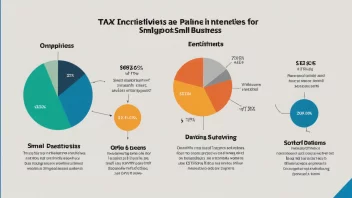The intersection of medical research and health policy is a dynamic and essential relationship that influences how healthcare systems operate globally. As new studies and clinical trials emerge, they provide critical evidence that shapes policies aimed at improving health outcomes for populations. This article delves into how medical research informs health policies, emphasizing key developments and their real-world applications.
At the forefront of this relationship is the role of clinical research in providing data on the effectiveness of treatments and interventions. For instance, the rapid development and deployment of COVID-19 vaccines were made possible by rigorous clinical trials conducted at an unprecedented pace. These trials not only demonstrated the vaccines' safety and efficacy but also provided the data necessary for public health authorities to formulate vaccination policies. The swift approval process and subsequent mass vaccination campaigns underscore how medical research can lead to immediate changes in health policy, ultimately saving lives during a pandemic.
Moreover, epidemiological studies are crucial in defining health policies, particularly concerning the prevention and control of diseases. By analyzing data on disease prevalence, risk factors, and health behaviors, researchers can identify vulnerable populations and develop targeted interventions. For example, research linking obesity with chronic diseases has prompted policymakers to enact regulations on food labeling and promote physical activity initiatives in schools. These policy changes are rooted in research findings and aim to address public health challenges effectively.
Additionally, medical research has played a significant role in advancing mental health policies. Historically, mental health has been marginalized in health discussions; however, recent studies have highlighted the prevalence and societal impact of mental health disorders. Research findings have led to policy shifts that prioritize mental health services, funding for treatment programs, and the integration of mental health care into primary healthcare systems. As a result, mental health is increasingly recognized as a vital component of overall health policy.
Preventive care is another area where medical research has influenced policy. Studies demonstrating the efficacy of preventive measures, such as vaccinations and early screenings, have led to their widespread adoption in health policies. For example, research on the benefits of HPV vaccination has resulted in recommendations for routine immunization in adolescents, significantly impacting public health by reducing cervical cancer rates. Policymakers are now more inclined to invest in preventive services, recognizing their long-term benefits for both individuals and healthcare systems.
Furthermore, the rise of patient-centered research is reshaping health policies to be more inclusive. Research that focuses on patient experiences and outcomes helps policymakers understand how to meet the needs of diverse populations. This shift has led to policies that emphasize equitable access to care, cultural competence in healthcare delivery, and the importance of patient engagement in treatment decisions.
In summary, medical research is a cornerstone of effective health policy development. By providing evidence on treatment efficacy, disease patterns, and preventive care, research informs policymakers' decisions and shapes health systems worldwide. As we continue to navigate emerging health challenges, the relationship between medical research and health policy will remain critical in promoting public health and ensuring optimal health outcomes for all.
How Research Shapes Modern Health Policies
Explore how medical research serves as a foundation for shaping modern health policies, influencing everything from vaccine deployment to mental health services.






